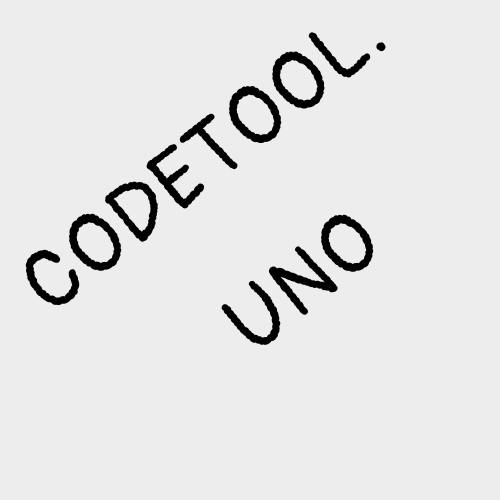Managing money has never been more complex—or more important. In the face of rising living costs, uncertain job markets, and the growing pressure to plan for retirement, many individuals across the UK are looking for ways to better understand their finances. But between technical jargon, conflicting advice, and overwhelming choices, financial education can often feel out of reach. That’s where webinars are changing the game.
Live, guided, and easily accessible from anywhere, online financial webinars are bridging the gap between confusion and clarity. Unlike static articles or outdated courses, webinars allow for real-time interaction with finance professionals who simplify key topics and answer audience questions directly. Whether someone is learning how to build a monthly budget or trying to grasp the fundamentals of investing, webinars meet them exactly where they are in their financial journey.
A standout feature of webinars is their ability to bring structure to a topic many people find chaotic. Attendees are introduced to foundational concepts like income tracking, goal-based saving, emergency funds, and debt management before progressing into more advanced areas like tax planning, investment strategies, and retirement options. This clear, logical flow helps people absorb and apply information rather than feeling overwhelmed by it.
In the UK, where access to traditional financial advisors may be limited due to cost or availability, webinars provide a more democratic form of learning. Individuals from all walks of life—students, parents, business owners, and retirees—can participate from their homes, often at no cost. The convenience of digital delivery eliminates barriers such as time, location, and travel expenses. It also encourages a wider demographic to take the first step toward financial empowerment.
But the benefits go beyond accessibility. One of the key drivers behind the success of webinars is the community they foster. Attendees often feel more comfortable asking questions in a virtual format, knowing they’re not alone in their uncertainty. Instructors use visual aids, examples, and interactive tools to keep participants engaged, while shared experiences make the learning feel relevant and human.
Another major benefit is the timeliness of content. Financial webinars can respond rapidly to market trends, policy changes, and new opportunities. During times of economic instability or major financial shifts—such as interest rate hikes or housing market changes—attendees get access to up-to-date insights tailored to current UK conditions. This makes webinars an ideal resource for those who want timely, trustworthy guidance.
In terms of outcomes, participants in financial webinars often report a notable increase in their confidence levels. They begin to set clear financial goals, monitor their spending more carefully, and make more informed decisions about savings, credit use, and investments. More importantly, they start to build habits—reviewing their finances regularly, planning ahead, and asking the right questions—habits that have a lasting impact.
For those just beginning their financial journey, webinars offer a safe space to learn without judgment. They remove the pressure of “knowing it all” and replace it with a focus on curiosity and progress. For more experienced individuals, webinars offer fresh perspectives and advanced insights that help refine their existing strategies. And for everyone in between, they provide a continuous source of motivation and accountability.
As more UK residents embrace remote learning, the popularity of financial webinars is expected to grow. With the added bonus of recordings, downloadable materials, and follow-up resources, attendees are not only learning during the session—they’re equipped to continue learning afterward. The ripple effect of just one well-delivered webinar can be profound, influencing decisions that lead to financial security and growth.
In a world where information is abundant but clarity is rare, webinars stand out as a tool that turns noise into knowledge. They offer a modern, supportive path from financial confusion to confidence—empowering people to take charge of their money, their goals, and ultimately, their lives.


 using WordPress and
using WordPress and